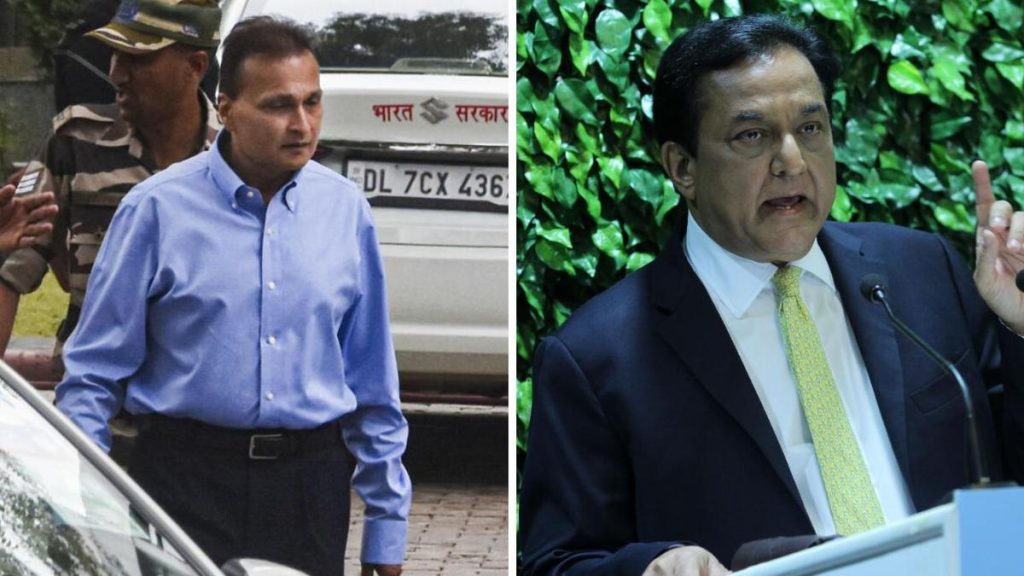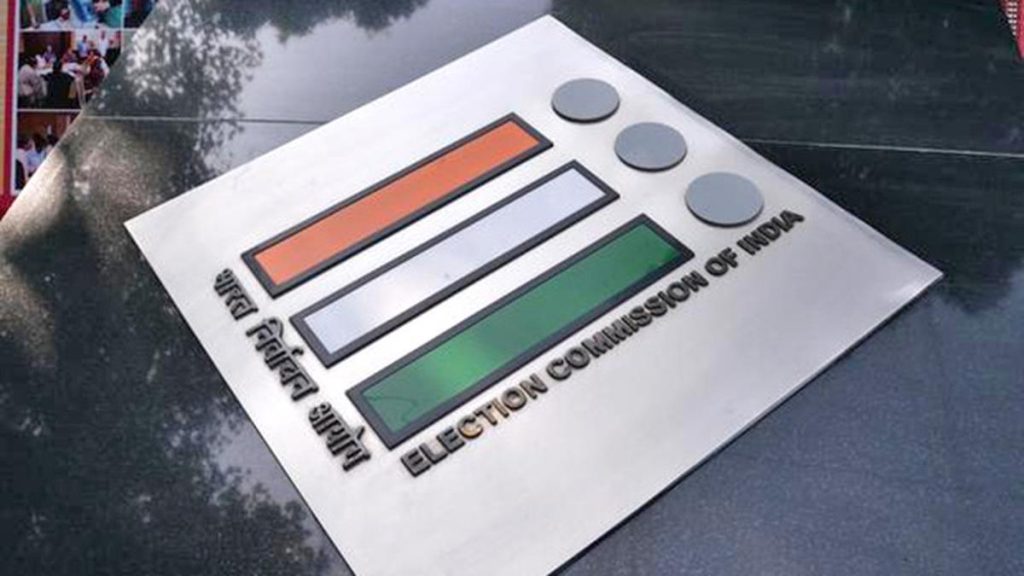Now Reading: D.K. Shivakumar: Govt Unfazed by Exit Threats Over Bengaluru’s Infrastructure
-
01
D.K. Shivakumar: Govt Unfazed by Exit Threats Over Bengaluru’s Infrastructure
D.K. Shivakumar: Govt Unfazed by Exit Threats Over Bengaluru’s Infrastructure
Swift Summary
- deputy Chief Minister and Bengaluru Progress Minister D.K. Shivakumar addressed concerns over companies possibly leaving Bengaluru due to infrastructure challenges.
- Shivakumar dismissed threats as “blackmail” and stated that Bengaluru’s talent pool and opportunities remain strong, employing 25 lakh engineers and hosting 3 lakh foreigners.
- He criticized neighboring states for trying to attract firms from Bengaluru by offering relocation spaces, claiming they lack the workforce present in Karnataka’s capital.
- Prime Minister Narendra Modi has previously called Bengaluru a “global city,” according to Shivakumar.
- The minister acknowledged pothole issues, attributing some problems to heavy rains but assured work on permanent solutions with timelines and accountability in place. A meeting led by the chief Minister will happen on Saturday regarding this issue.
- In response to a private school making public a letter writen by students about East Bengaluru’s poor infrastructure, he suggested that such institutions should contest elections if critical of governance practices.
- Former Union Minister H.D. Kumaraswamy criticized the government over its handling of potholes on social media platforms, questioning financial allocations. shivakumar retorted by asking Kumaraswamy’s contributions towards improving Bengaluru.
Indian Opinion Analysis
The comments by Deputy CM D.K. Shivakumar reflect both confidence in Bengaluru’s robust economic ecosystem and awareness of growing civic concerns impacting its global reputation. Highlighting statistics like engineering employment (25 lakhs) illustrates why businesses may still find value in operating here despite infrastructure woes.
However, issues such as persistent potholes erode citizen trust over time; while heavy rains worsen conditions, effective urban planning could mitigate such recurring challenges significantly. Promised accountability frameworks for lasting repairs-if implemented well-could restore confidence among residents and business entities alike.
The remarks directed at rival political voices or institutions suggest an increasingly contentious discourse surrounding urban development responsibilities in Karnataka’s capital. Collaboration instead of conflict might better address long-term infrastructural improvements critical for Bangalore’s competitiveness amid regional rivalries.

























